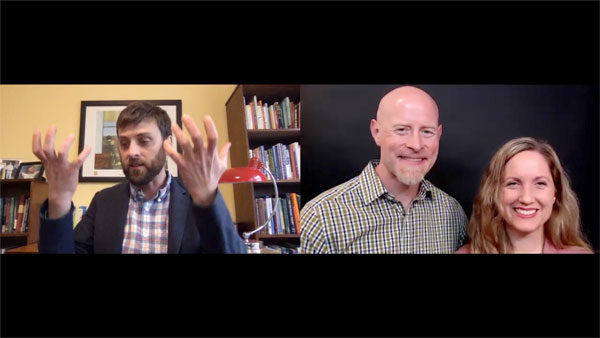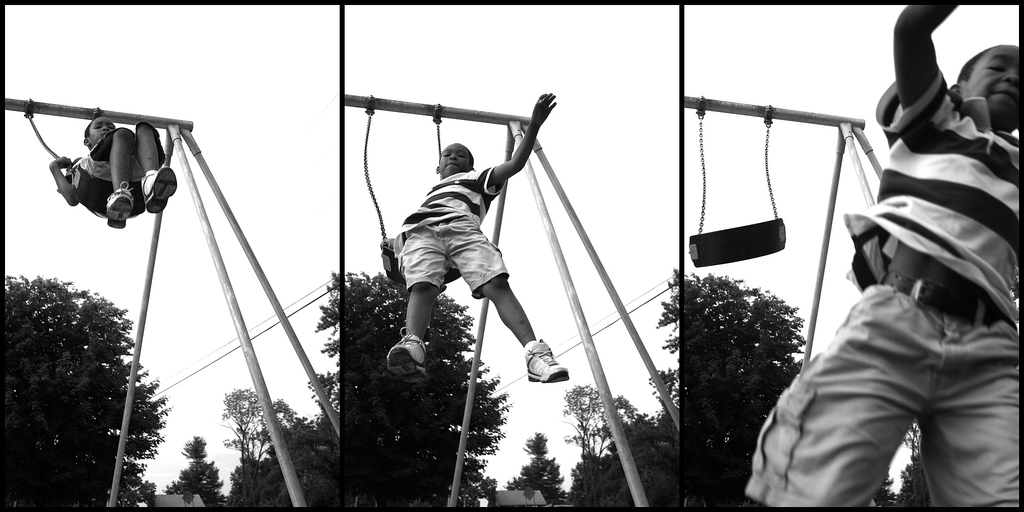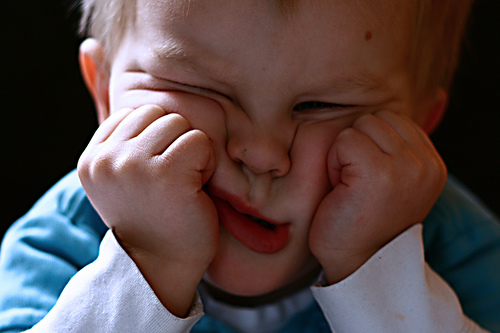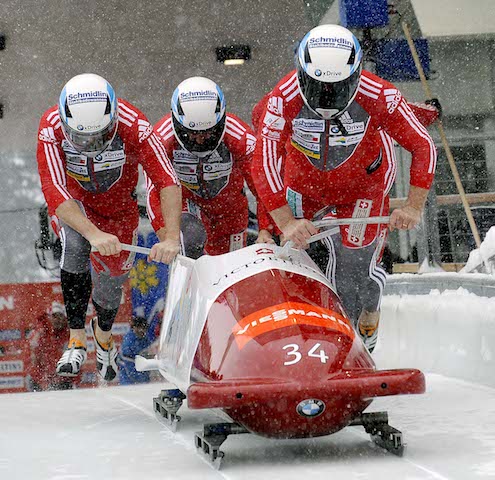I want you to meet Dr. Christopher Willard. He’s a psychologist, author of 5 books including Growing Up Mindful and Raising Resilience, father of 2 kids, meditator, and teacher at Harvard Medical School (he’s no slouch!).
Chris shares about meltdowns and the brain: what to say, what NOT to say, and how to teach kids about their emotions in this video here.
If you want expert guidance (just like this!) about how to solve behavior challenges so you can enjoy parenting, then catch the full interview at the Fifth Happily Family Conference.
You’ll get access to engaging and inspiring conversations with over 25 experts, all for free. We talk about helping kids through meltdowns, sibling rivalry, raising boys, preventing school violence, healthy boundaries, sex education, and the power of parenting!
Join the Happily Family movement to raise kids with kindness and connection!










such great advice, something I had not thought of before. I get very upset when my child has a meltdown because I feel I can’t help them, and so I feel a bad parent for being unable to stop them. but actually from what I understand, me being upset just makes it worse, and I need to try stay calm for as long as the meltdown carries on (often feels like ages) and keep the environment safe until they are ready to be calm.
Yes, Rose-Marie! Just because your child has a meltdown does NOT mean that you are a bad parent! You staying calm often will help your child get back to calm too! xox
That’s helpful – I know my body language does NOT emote safety during my kids’ meltdowns.
Natalie, that’s a great insight. Really powerful.